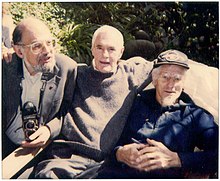I was wondering about methods of development in consciousness exploration that would help us see the context of Near Death Studies as a method of approach? To help in recognizing a freedom with regard to awakening our physical materialistic body constraint awareness.
What we have been experiencing in our everyday lives has correlations with the focus levels shown here. Maybe there is something in your own consciousness you see of yourself that can be correlated that you did not see before?







